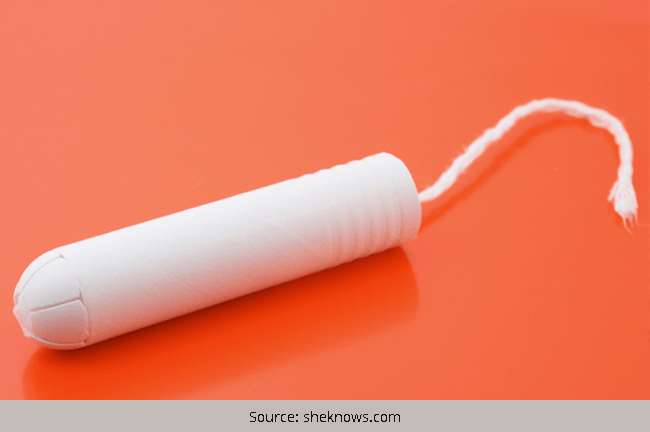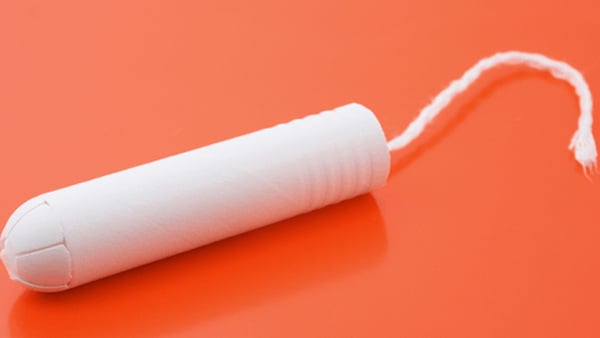
This is an ongoing debate with women who use tampons swearing by its convenience and ease of use, while women who prefer pads claiming that tampons are more trouble than their worth. So it’s high time that we break it down and take a look at the pros and cons of using tampons. Is it really that great?
Are Tampons Better Than Pads
Should you consider making a switch from pads to tampons? Read on to know all that and more about tampons.
[Also Read: Eco-Friendly Tampons]
Tampons are not a recent phenomenon. It is said that the Egyptians and Greeks fashioned tampons made of papyrus and lint. And ever since then wool, paper, and other materials have been adopted to make tampons. Our modern day tampons are made of cotton and rayon and are designed to be highly efficient and convenient.
Pros of Using Tampons
1. Gives more freedom
A tampon definitely gives you more freedom than a pad. You can be active and do everything that you would normally do if you were not on your periods. This means you can work out, go hiking, and engage in other such physical activities. This is a boon to women who do not want to give up on their plans just because they happen to have their periods.
Did you know that you can even go swimming while wearing a tampon?
2. No embarrassing lines
Pads sometimes show through as an outline if your dress or trousers are too tight. This can get super embarrassing. Since tampons are going to be inserted into your vagina, you do not have to worry about such matters.
3. Feels hygienic
Ask any woman who uses a tampon what the best thing about it and she’ll tell you that it makes her feel cleaner. The number one argument for tampons and against pads is that the latter feels unhygienic. While this is not a proven fact, it is still a huge reason for many women opting for tampons. Tampons just give you a feeling of being clean and do not make you overly conscious of your flow like pads do. Also, with pads there is a risk of bad odour after a while but tampons do not have that problem.
4. Convenient and odour-free
They are so small that they’ll fit in even the tiniest purse. They are also much easier to dispose off than pads. Additionally, you never have to worry about leaks and stains with a tampon. With such factors of convenience by its side, is it any wonder then that tampons are fast becoming a women’s best friend?
Cons of Using Tampons
1. Higher risk of Toxic Shock Syndrome (TSS)
Tampon users face a higher risk of TSS. TSS is caused when strep bacteria grow in the vagina and are eventually absorbed into the bloodstream. TSS has been known to be fatal in some instances. You can reduce your risk of TSS by changing your tampons at regular intervals.
2. May leave a residue
Sometimes tampons can leave a residue in your vagina, causing bacterial infections and inflammation. This happens because as you pull out the tampon, it sheds some fibre that later lead to infections.
3. May worsen your menstrual cramps
While some women claim that tampons ease their menstrual cramps another group claims that it worsens the cramps. Since you are inserting it into your vagina, it might interfere with the blood flow and lead to more severe cramps.
4. Changes vaginal microflora
Since tampons basically trap the menstrual blood in the vagina, they provide a very friendly environment for bacteria to multiply, thereby increasing risk of vaginal infection and vaginal ulcer.
As with most things, tampons have their own set of pros and cons. When it comes down to it, it’s an individual’s choice. So consider the pros and cons listed here and decide whether you want to switch to tampons or if you’re better off with using pads. Irrespective of whether you use tampons or pads, one important rule to follow is to change them often. You don’t want to leave yourself vulnerable to infections. Women’s hygiene products have come a long way from pieces of rags and cloth, but we still have a long way to go before we get products that are completely safe and pose health risks. But until such a day, a tampon is a pretty impressive product that allows us to go about life according to our wish and not according to a schedule dictated by our menstruation cycle.
